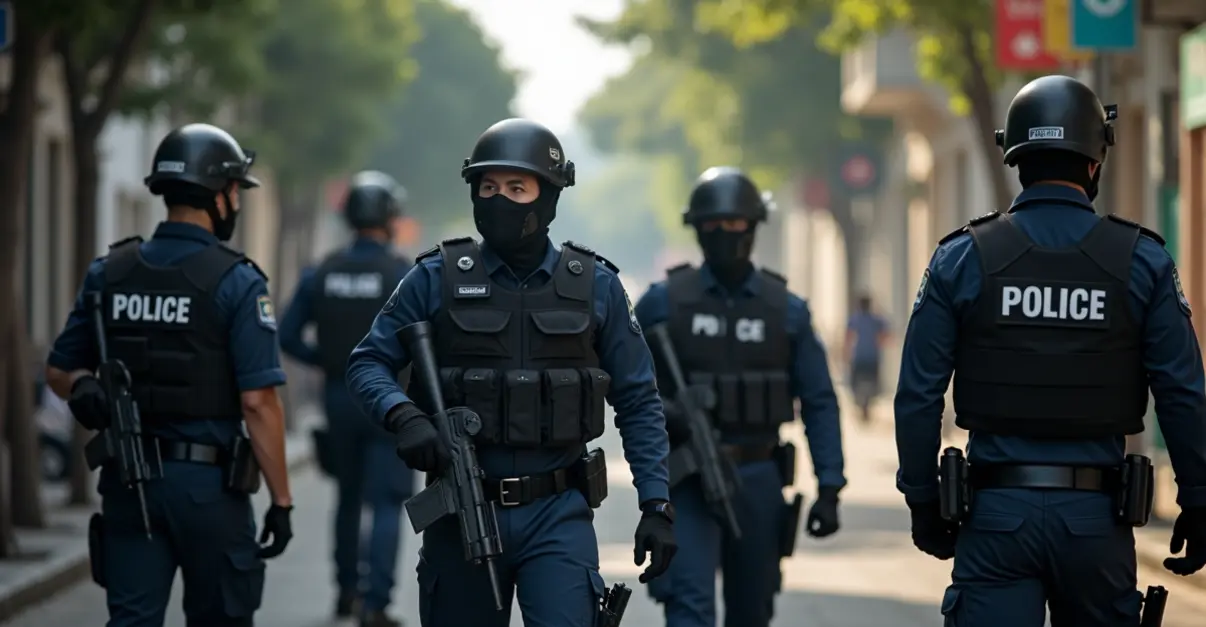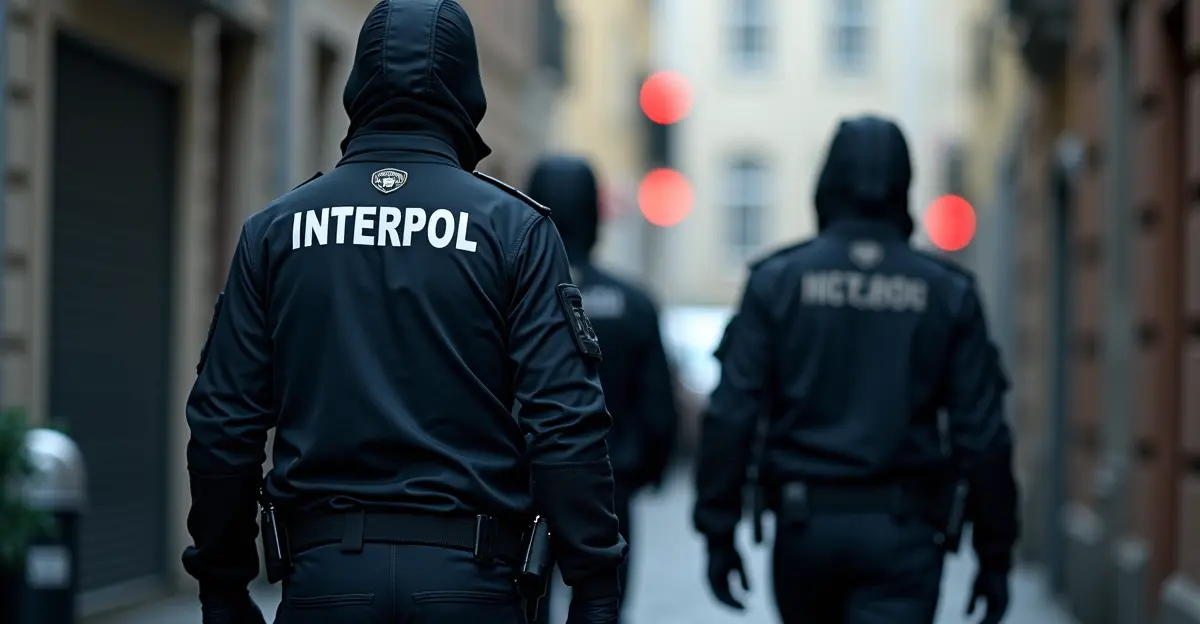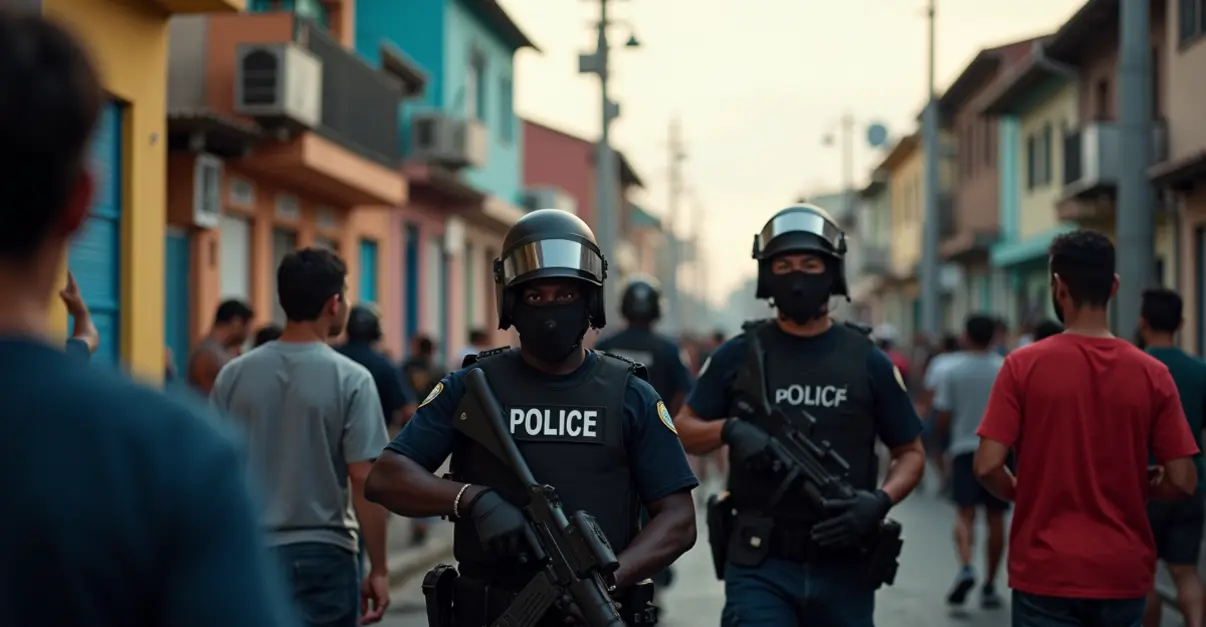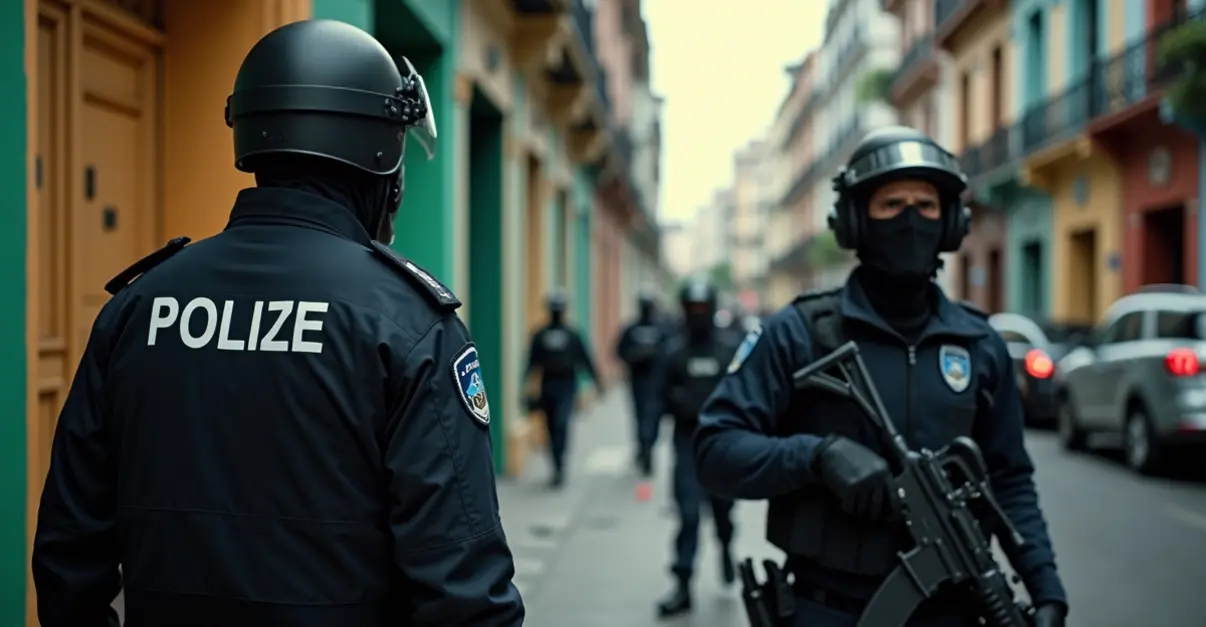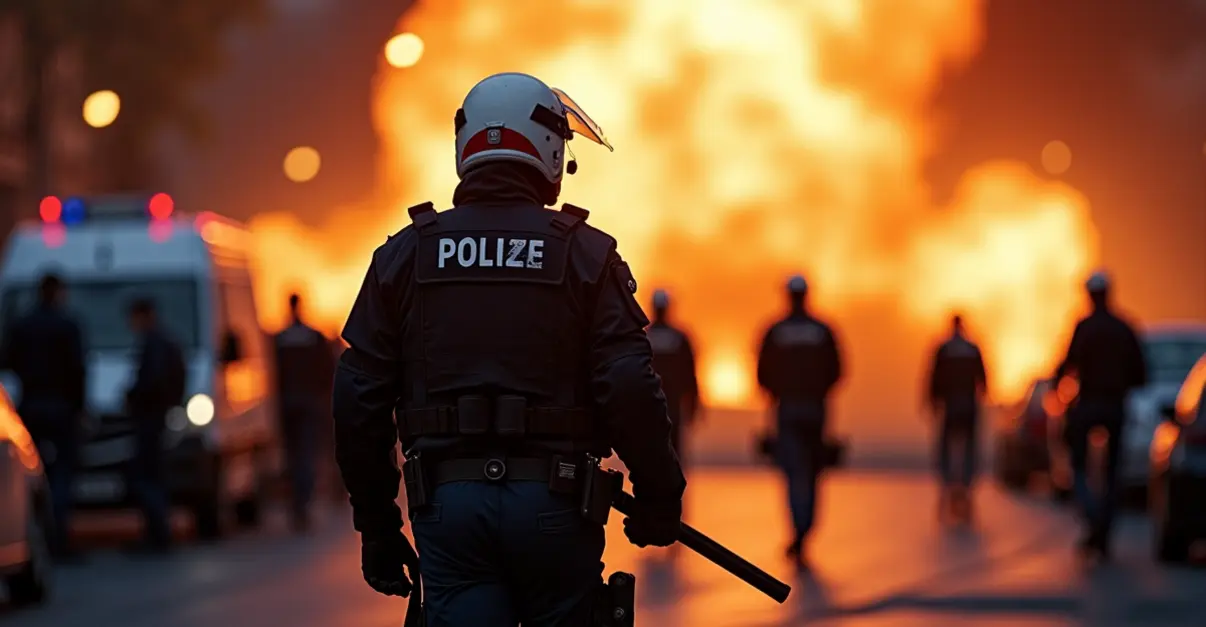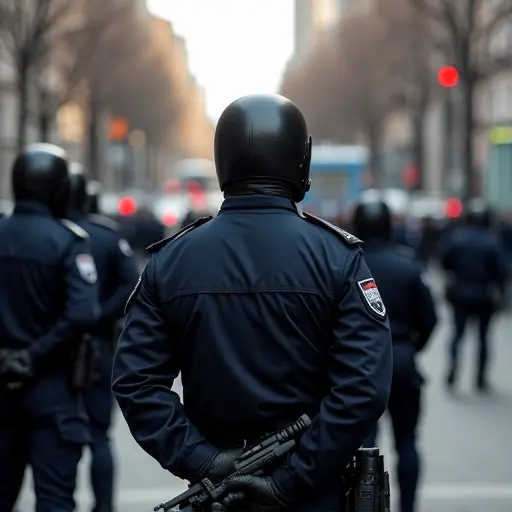Brazil's Deadliest Police Operation Sparks International Outrage
In what has become the bloodiest police operation in Brazilian history, the death toll from a massive raid against drug cartels in Rio de Janeiro has climbed to 132 people, according to the Rio state public defender's office. The operation, codenamed "Operation Containment," targeted the powerful Comando Vermelho (Red Command) criminal organization in the Penha and Alemão favela complexes, considered strongholds of the gang.
Unprecedented Violence and Civilian Accounts
The operation involved approximately 2,500 police officers and resulted in what residents described as execution-style killings. Witnesses reported finding victims shot in the back of the head, tied up, and bearing burn marks. "The shock here in Rio is still very much present, a day after the drama. That such a massacre occurred during this drug operation and residents are still finding many bodies in the hills surrounding the neighborhoods is unprecedented in the history of drug operations in this city," said Nina Jurna, Latin America correspondent.
Residents discovered at least 70 additional bodies overnight in nearby forests, which were placed in public squares for identification by relatives. The official police report confirmed 119 deaths, including four police officers, while the public defender's office documented 132 fatalities. The discrepancy in numbers has raised concerns about transparency and accountability.
Military-Scale Operation and Tactics
The operation featured armored vehicles, helicopters, and drones in what resembled military warfare rather than traditional law enforcement. Drug traffickers responded with sophisticated tactics, using drones to drop grenades on police teams and creating barricades with burning trucks and tires. The intense firefights lasted more than twelve hours, creating what residents described as a "theater of war and barbarism."
"There is also great indignation and criticism of the governor of Rio who justifies this bloody way of fighting drugs, while for many residents it feels like public executions," added Jurna.
International Condemnation and Political Fallout
The United Nations expressed horror at the violence and called for swift investigations. The UN Office for Human Rights condemned the operation's brutality, with approximately 30 human rights organizations signing a statement asserting that "security is not achieved with blood."
Brazil's President Luiz Inácio Lula da Silva was reportedly "stunned" by the death toll and surprised that the operation was launched without the federal government's knowledge. The federal government has dispatched a delegation to meet with Rio's governor, Cláudio Castro, who defended the operation as a success despite the massive casualties.
Historical Context and Security Crisis
This operation surpasses previous deadly police actions in Rio, including the Jacarezinho raid in 2021 that left 28 dead and the Penha operation in 2022 with 23 fatalities. The Comando Vermelho, formed in the 1970s as a prison alliance between common criminals and leftist guerrillas, has grown into one of Brazil's most powerful criminal organizations.
"The drama simultaneously exposes that security is at stake. Because drug cartels and armed militias have gained control over more and more areas in recent years, and now dominate more than 60 percent of the neighborhoods in Rio," explained Jurna. "The criticism also prevails that the authorities have let this go on for too many years and are not doing effective and sustainable combat against organized crime."
The operation occurred just days before Brazil hosts the UN World Climate Summit (COP30) in the Amazon region, with related activities also planned in Rio, raising questions about the timing and motivations behind the massive police action.

 Nederlands
Nederlands
 English
English
 Deutsch
Deutsch
 Français
Français
 Español
Español
 Português
Português
